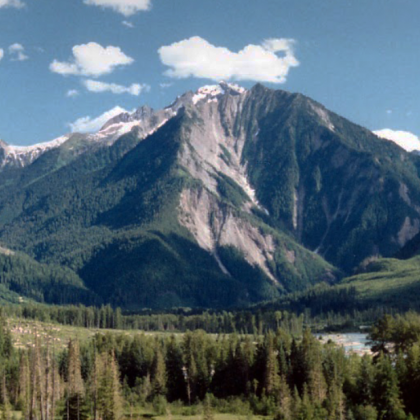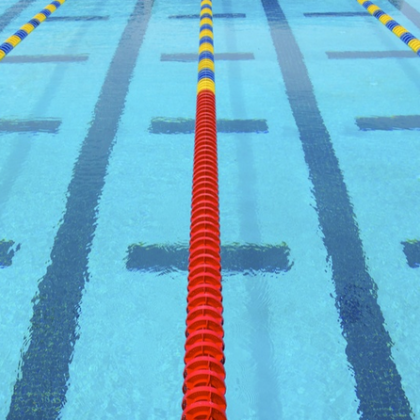by Contributor on Monday Mar 20 2023
Living Lakes Canada, the award-winning water stewardship NGO based in the Canadian Columbia Basin, will be represented at the first United Nations conference on water in 45 years. The UN 2023 Water Conference is taking place in New York and kicks off on World Water Day on March 22.
“It’s a significant opportunity to be granted special accreditation as a non-governmental organization to attend,” said Nicole Trigg, Acting Government Liaison for Living Lakes Canada and one of the conference delegates. “The alarming rate at which human communities and ecological systems worldwide are experiencing intensifying climate impacts will hopefully be the impetus for meaningful presentations and urgent calls to action locally and globally.”
One of the outcomes of this milestone event is the creation of an international Water Action Agenda to accelerate the water-related UN Sustainable Development Goals, in particular SDG 6: Ensure availability and sustainable management of water and sanitation for all.
The paradigm-shifting water stewardship work that Living Lakes Canada is leading in the Columbia Basin has been added as a commitment to the Agenda. Known as the Columbia Basin Water Monitoring Framework, this initiative has the goal of establishing a unified monitoring network across the Basin to support the tracking of climate impacts on water. Data collected will support large-scale modelling, to help communities and decision makers understand the state of water in their local watersheds in a warmer future where water availability will fundamentally change.
“Climate change isn't waiting for us to have conversations. It is a present-day problem, with massive consequences. The global water crisis is a direct reflection of that,” said Georgia Peck, Lakes Program Manager for Living Lakes Canada, who will also be attending the conference. “Freshwater biodiversity is declining at an alarming rate, harmful algal blooms are becoming more common, and while I have the privilege to consistently access clean drinking water, many people around the world do not. Simply acknowledging these problems won't fix them. If we can share knowledge, however, build hope and support one another, then we can raise the sense of urgency that is needed to strengthen water policies and enforce them. As a 28-year-old youth representative, I am hopeful that the United Nations Water Conference will result in action as well as further opportunities for youth and women to sit at the table.”
As part of the UN 2023 Water Conference, Living Lakes Canada was invited to host a virtual side event, which is taking place on the last day of the conference, in the morning of Friday, March 24 from 08:00-09:15 Eastern Standard Time. This 75-minute panel discussion will feature Living Lakes Canada and their NGO partners through the Living Lakes International network. Presentation topics will include the water stewardship work in the Columbia River Basin, the hydrographic basins of the volcanic chain of Guatemala, the African Great Lake known as Lake Malawi, lakes in the Columbian Andes, and more.
“International conventions are adopted between governments. However, the hands-on work on the ground is often done by NGOs and community members who are impacted at the local level,” said Dr. Thomas Shafer, Conservation Director for Living Lakes International, a Global Nature Fund program. “The Living Lakes Network was founded 25 years ago to facilitate global water stewardship initiatives by sharing local best practices through international collaboration and technology transfers.”
To learn more and register for this virtual event, visit water2023.livinglakescanada.ca. Everyone who registers will receive the recording. To learn more about the conference and view the Water Action Agenda, visit https://sdgs.un.org/conferences/water2023.


